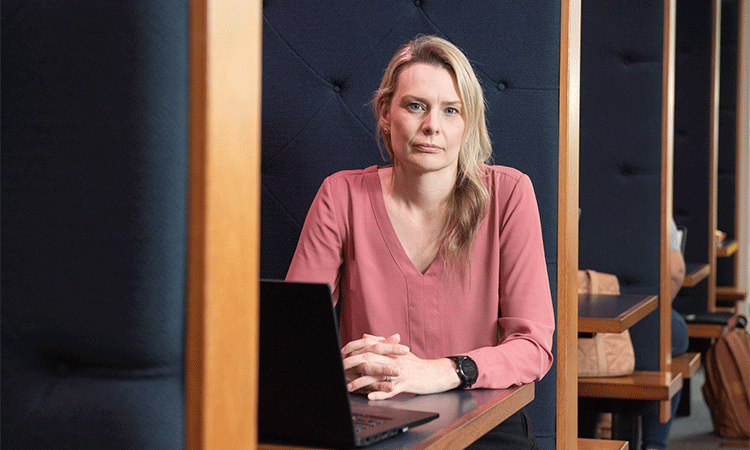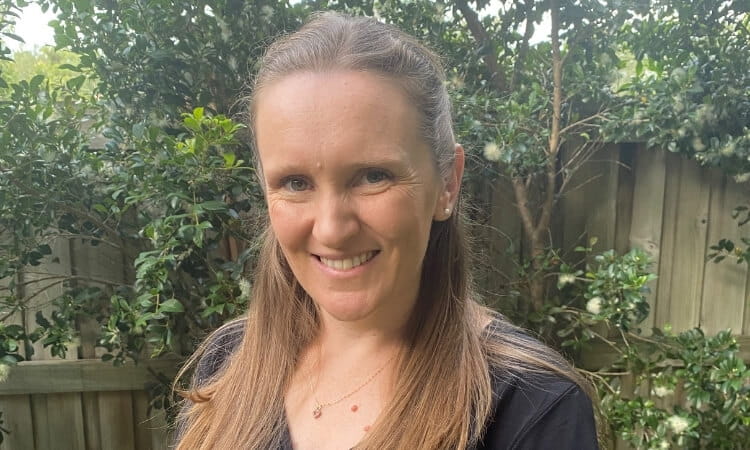If you’ve ever thought that young online trolls are nothing more than pot-stirrers or mischief-makers who get a kick out of riling people up, you might be onto something.
A new study led by University of Southern Queensland (UniSQ) researchers suggests that young people who troll on social media are more likely to enjoy antisocial interpersonal interactions (negative social potency) than to enjoy causing harm (sadism).
“Sadism tends to be the strongest predictor of trolling behaviour according to previous studies, which have primarily been conducted in adult samples,” lead author Dr Jessica Marrington said.
“What we found, though, was that negative social potency was the most significant factor associated with trolling behaviour in adolescents and came out more strongly than sadism.
“This means that while negative personality traits play a role, a key predictor of trolling behaviour in adolescents is the rewarding feeling experienced from the antisocial interaction.
“This could be viewed as a more optimistic result because it might indicate these young individuals don’t intend to cause malicious harm but are looking for a reaction.”
Trolling is an online antisocial behaviour that is qualitatively distinct from cyberbullying and appears to have different motivators.
The study was the first to explore Australian adolescents’ trolling experiences and factors associated with the behaviour.
More than 150 teenagers aged 13-18 were surveyed, with the results published in PLOS One.
While it wasn’t a prevalence study, researchers found a quarter of the respondents reported being trolled in the past year, while 13.4 per cent indicated they had trolled others.
The findings also suggested that adolescents who have been trolled were more likely to troll others.
Dr Marrington said the study aimed to understand what motivates young people to troll and the individual differences between adolescent and adult trolling, such as personality traits and empathy.
“Given that adolescence is a sensitive development period, and the damaging effects trolling can have on those who are targeted, it’s important we have a better understanding of the factors contributing to the onset of this behaviour,” she said.
“Some young people might not be aware that engaging in this behaviour can also lead to serious legal consequences.”
Dr Marrington said she hoped the findings would help differentiate the patterns of behaviours and personality traits of young people who take part in trolling while informing targeted intervention programs to prevent and manage trolling.



